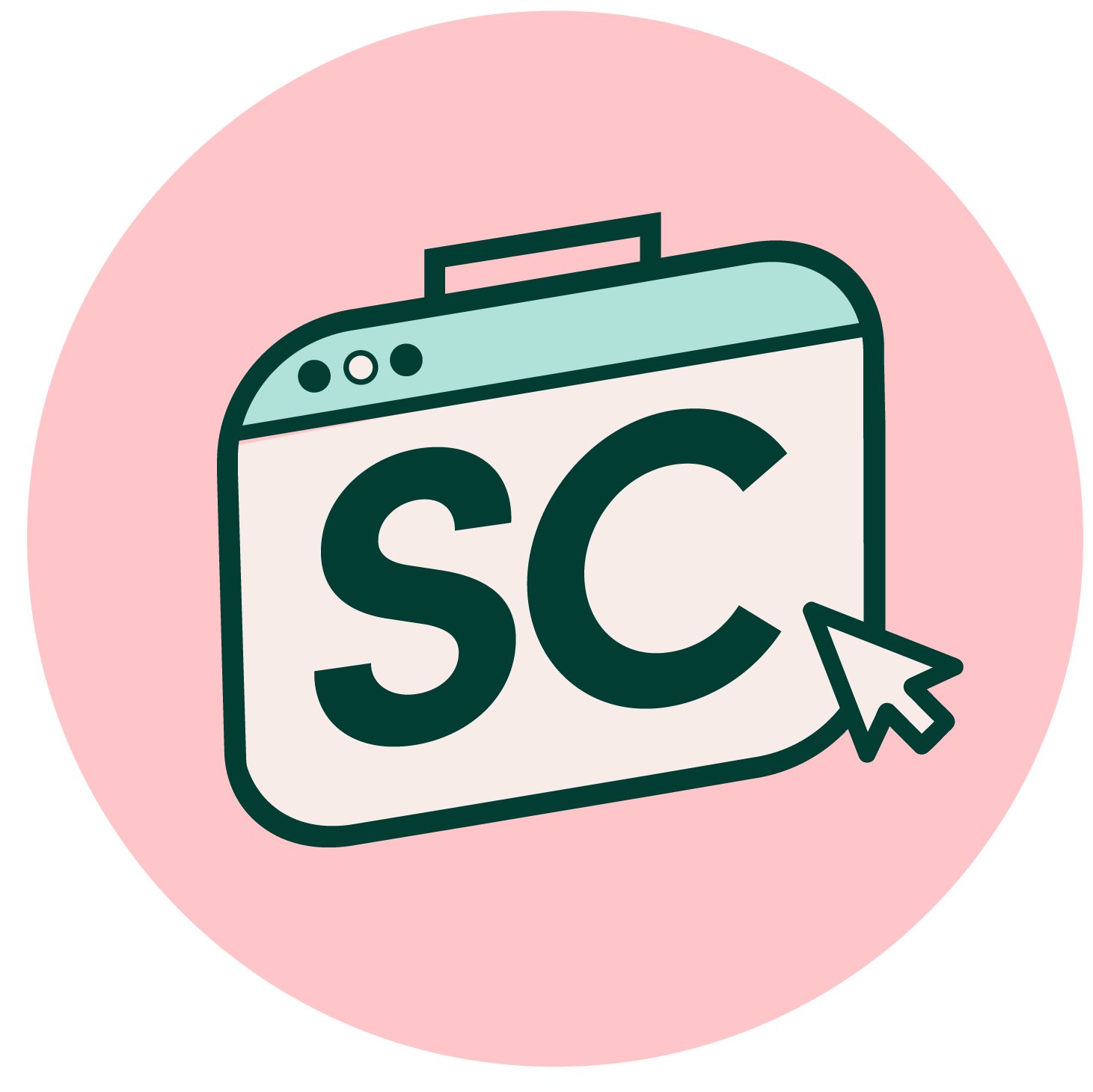5 Reasons You Should Apply to that Software Developer Position Today
Hey there! It's time to dust off that resume and finally hit 'submit' on those job applications you've been eyeing.
The Never-Ending "Saved Job" List
We've all been there—that one junior developer entry-level job that seemingly waits for a special occasion to be applied to, or the daunting 25+ software developer jobs that just chill in your bookmarks. I confess, after switching careers to become a software developer, I’ve been guilty of letting opportunities slip into the job post abyss. And if you, a recent coding bootcamp grad, or someone who’s learning to code, find yourself nodding along, chances are, you're wrestling with that annoying imposter syndrome.
Here's the thing: not applying to developer roles equals exactly zero chance of landing a job as a developer. So I'm here, encouraging you to take the plunge. Yes, cover letters can be a pain, and coding tech interviews are the stuff of nightmares, but let's hurdle over that. After all, there’s an ocean of dev jobs out there (yes, even with the tech layoffs) with your name potentially on them.
5 Pointers to Help You Seal the Deal
Got a junior developer job description in front of you? I’m about to give you five solid reasons to shoot your shot into the world of coding, and if you tick any of these boxes, then it's time to press 'send'.
1. The 50% Rule
If you've checked off about half of the developer job requirements, that’s your green light. They want to weed out the total newbies, not the diamonds in the rough with a sparkle for learning. It's not just about the techy stuff—your people skills, team play, or project juggling abilities are all part of the mix. So if you changed careers to become a software developer, you likely have other non-tech related skills that are transferable.
2. Years of Experience—It's Flexible!
Let's say the role for a junior web developer is for 3-5 years of experience (annoying, I know!), but you've been learning to code for just two. Apply anyway! It's not always about time spent; it's about skill. Showcase your projects and skills you’ve learned, and if it outshines the rest, hiring managers are likely to give you a chance at an interview.
3. Learning Curve Enthusiast
If you are feeling imposter syndrome as a junior developer, don’t worry too much about the skills you don’t have … as long as you’re willing to fill that gap. Don’t know where to go to continue your coding education? Take a look at Code Flight, a personalized learn-to-code platform. If you're keen on learning what you don't yet know, whether before the interview or during the initial job phase, that can be golden. Companies are out there willing to nurture junior talent like yours— your job, is to make sure they know you’re ready to grow with them.
4. Show Off Your Work
Is your portfolio or GitHub glistening with updates and ready for the limelight? No? Take a couple of weeks, tidy up, and ensure you're primed and proud of your work. Be ready to dive into the nuts and bolts of your projects during the interview stage—communication is as much part of the job of a developer as is coding.
5. Embrace the 'No'
Rejection—it's the uninvited guest that just keeps showing up. Buck up and celebrate those 'no’s—they're secret stepping stones towards a 'yes'. Each interview is a chance to learn and edge closer to the job that feels like it was made for you.
It's go time—apply to that job! You've got zilch to lose and plenty of XP to gain. And who knows? If you land that dream gig thanks to this nudge, drop me a line—virtual confetti is ready and waiting!
Ready to start your coding journey? Explore Code Flight now!


